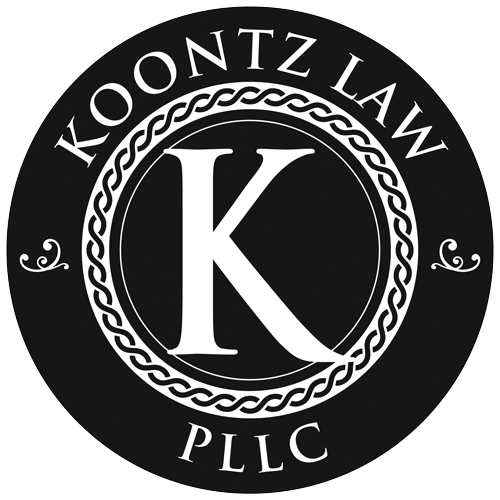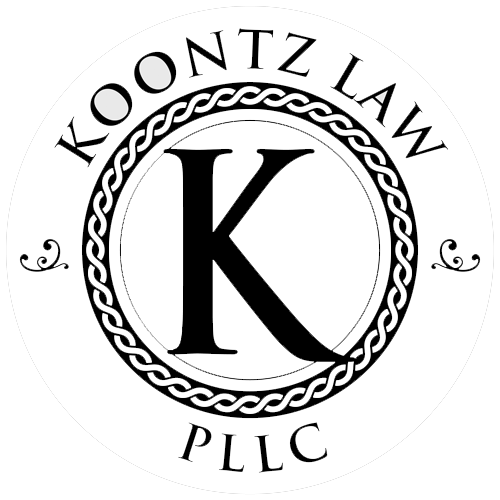The Benefits of Setting Up a Living Trust
Setting up a living trust can offer numerous benefits for managing your assets and ensuring your wishes are honored after your passing. It is a powerful estate planning tool that provides more control and flexibility than a traditional will. Here’s an overview of the key benefits of setting up a living trust.
Avoiding Probate
One of the primary benefits of a living trust is that it allows your estate to bypass the probate process, which can be lengthy and expensive. Assets held in a trust can be distributed to beneficiaries more quickly than those passed through a will, which must go through probate. Additionally, probate is a public process, meaning anyone can access the details of your estate. A living trust, on the other hand, keeps your financial matters private and confidential.
Maintaining Control Over Your Assets
A living trust gives you the flexibility to manage and control your assets while you are alive and mentally competent. You can add or remove assets, change beneficiaries, or modify the terms of the trust at any time. In the event that you become incapacitated and unable to manage your affairs, a living trust ensures that your assets are handled according to your wishes without the need for court intervention. The trustee you appoint will manage your assets on your behalf, providing peace of mind and continuity.
Providing for Your Loved Ones
A living trust allows you to specify how and when your assets will be distributed to minor children. You can set conditions for the distribution of funds, ensuring that your children are financially supported and that the funds are used responsibly. If you have a beneficiary with special needs, a living trust can provide for their care without affecting their eligibility for government benefits, ensuring they receive the necessary financial support throughout their lifetime.
Reducing Estate Taxes and Protecting Assets
A well-structured living trust can help reduce estate taxes, incorporating various tax planning strategies to minimize the tax burden on your beneficiaries. Additionally, assets held in a living trust are generally protected from creditors and legal claims against your beneficiaries, preserving your hard-earned assets for your loved ones.
Simplifying Estate Management
If you choose to appoint a professional trustee, such as a bank or trust company, they can manage your assets according to the terms of the trust. This can be particularly beneficial if your estate is complex or if your beneficiaries lack the experience to manage significant assets. A living trust provides clear instructions on how your assets should be managed and distributed, reducing the likelihood of disputes among your beneficiaries and ensuring that your wishes are carried out precisely as you intended.
Dedicated Lawyers at Koontz Law, PLLC
Setting up a living trust offers numerous benefits, including avoiding probate, maintaining control over your assets, providing for your loved ones, reducing estate taxes, and simplifying estate management. It is a flexible and effective tool for ensuring your estate is managed according to your wishes and that your beneficiaries are well cared for. At Koontz Law, we are dedicated to helping you create a comprehensive estate plan that meets your needs and goals.
Contact us today to schedule a consultation and learn more about how a living trust can benefit you and your family.










Request a Consultation
For more information or to receive a consultation, call us at (336) 751-6235 or complete the form.
Contact Us
We will get back to you as soon as possible.
Please try again later.

